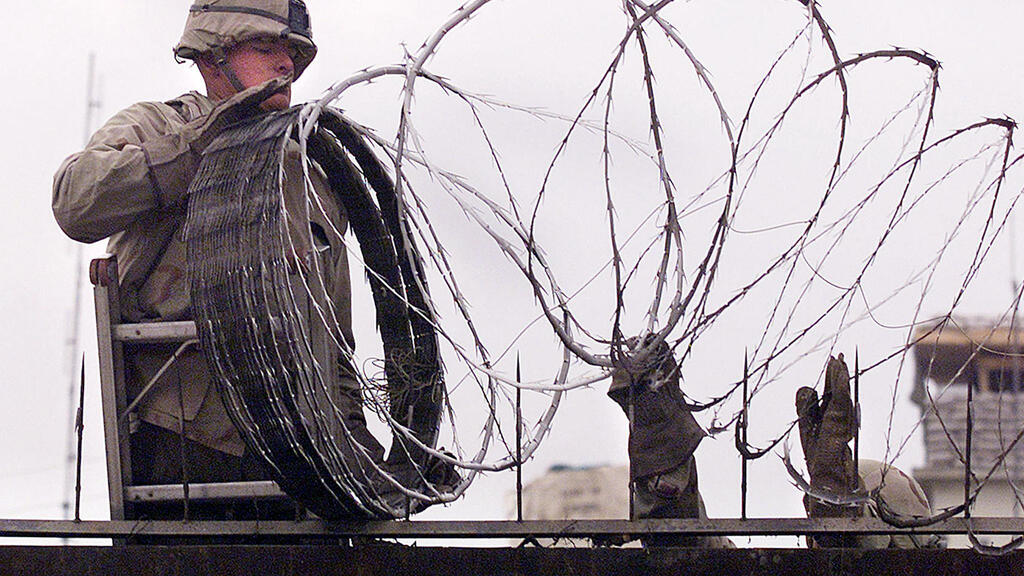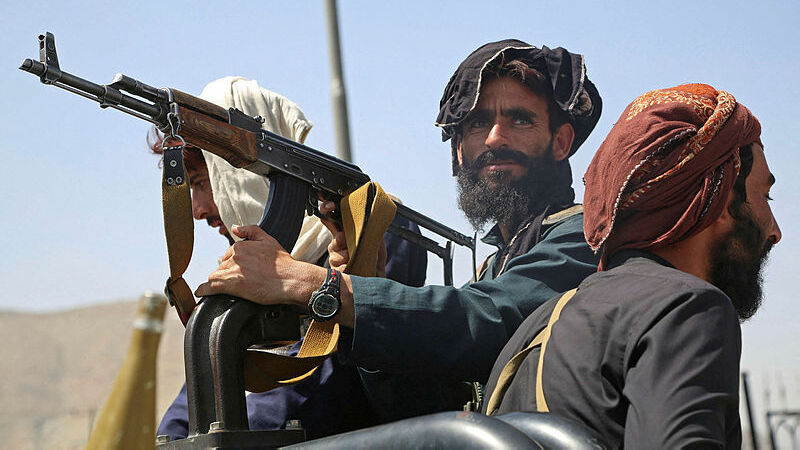The fall of Afghanistan to the Taliban comes eerily close to the 20th anniversary of the September 11, 2001 attacks in New York and Washington.
The worst attack on the American homeland was planned in Afghanistan and the U.S. invasion of that country marked the first step in the evolvement of a new Middle East.
The return of Taliban rule 20 years after the group was ousted by invading U.S. forces is proof of the failure of the Pax Americana strategy, which aimed to bring democracy and stability to the region, based on post-WWII policies that were applied successfully in the defeated Germany and Japan.
But by invading Afghanistan and later Iraq, the U.S. opened a Pandora's Box, unleashing hatred, sectarianism and religious wars on the region.
This failure of the U.S. is testimony to the difficulty of decision makers in Washington to comprehend foreign cultures and especially those in the Muslim world, and their feeble attempts to impose on Mideastern nations the same values that had evolved over centuries in the West.
Such efforts were made repeatedly over the decades, including in the 1960s in Vietnam, when then-defense secretary Robert McNamara approached the war with skills from the world of industrial engineering.
Or when former president Jimmy Carter opposed a strong hand by the security forces of the shah of Iran against the opposition, which contributed to the fall of his regime and ultimately paved the way for the establishment of the Islamic Republic in 1979.
Another example from recent years was when former president Barak Obama lamented the lack of democracy in the Middle East in his 2009 Cairo speech.
(Barack Obama's speech in Cairo in 2009)
The latest such example was the "Deal of the Century" - former president Donald Trump's attempts to solve a years-long emotional conflict using tools from his business career.
The American withdrawal from Afghanistan is bad news for Israel as well as the Sunni Arab world. Although the U.S. maintains its influence over the region, it shows little motivation to play a role in its future and prefers a diplomatic approach to preserving American interests in the area.
The U.S. withdrawal from Afghanistan reflects America's disillusion with the battle for the hearts and minds of nations in the Middle East.
3 View gallery


A U.S. Marine uses barbed wire to protect the American Embassy in Kabul last week, as Taliban forces advanced on the city
(Photo: AFP)
Washington's policy could diminish its standing in the eyes of actors such as Russia, China and Iran, and embolden them to increase their belligerence. It could also motivate extremist groups such as al-Qaida to renew their attacks and deepen the concerns of long-time Middle Eastern allies over the loss of a vital strategic ally.
This new American policy is playing out while the entire Middle East is more unstable than ever and when even the slightest spark could ignite the region and endanger current political structures.
The nations of the Middle East will not move towards democracy and human rights through force, nor will they be motivated by social and economic means.
Only a shift in the position of the religious establishments, the media and the education systems can bring about the coveted change.
Michael Milshtein is the Head of the Palestinian Studies Forum at the Moshe Dayan Center for Middle Eastern and African Studies at Tel Aviv University



